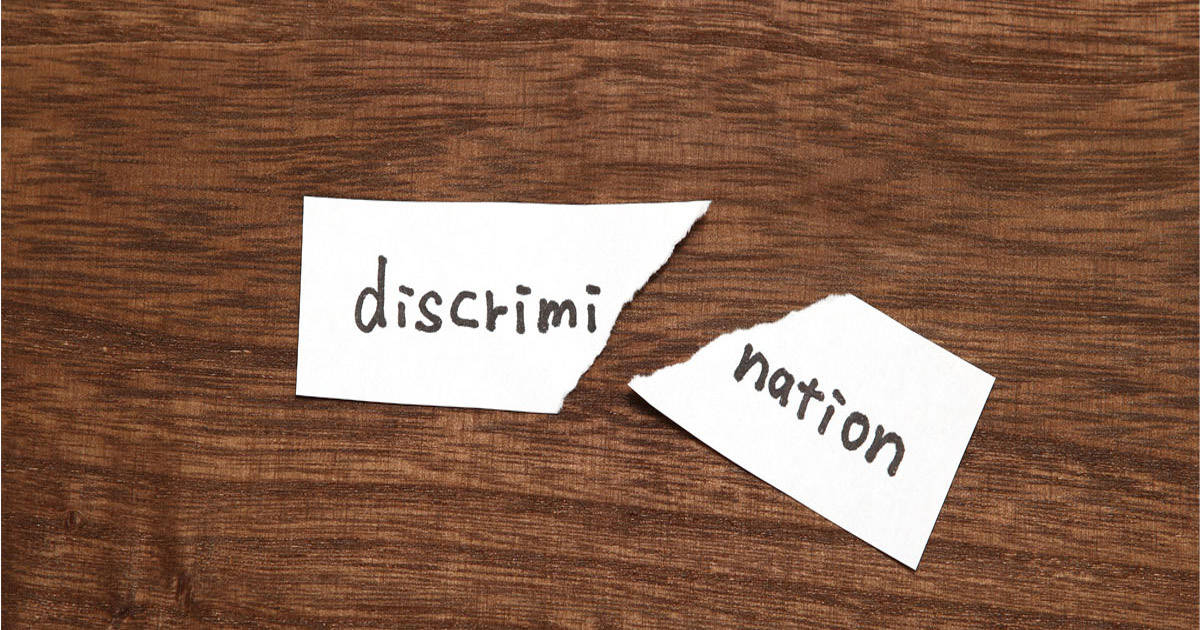Race discrimination in the workplace among African Americans has been in the headlines for many years, but the events of 2020 have received global attention. Those who have not been directly affected by these injustices are now realizing just how pervasive they are in society. Race discrimination in the workplace has a tremendous effect on African Americans, causing wealth disparities, mental and physical health problems, and higher suicide rates.
A New Survey
The ratings and review platform, Clutch, conducted a 2020 diversity and inclusion survey of 755 workers from across the country. The survey revealed that 64 percent of African American workers felt that their workplaces were struggling with race discrimination. Approximately 61 percent had directly experienced workplace discrimination or witnessed it. A senior writer stated that underrepresented groups who experienced workplace race discrimination may be more attuned to subtle microaggressions, including gestures, less overt actions, and comments. Employees who are not subjected to workplace race discrimination may be less likely to recognize these signs.
The survey also revealed that 54 percent of workers at large companies felt that race discrimination was an issue where they worked, compared to 35 percent at smaller companies. Smaller companies may be less discriminatory because less employees means more opportunities to contribute and advance within these organizations. In larger companies, there can be more competition and less interpersonal communications. Younger respondents were more likely to believe that race discrimination in the workplace was a problem. Fifty-five percent of millennials thought it was a major issue, compared to 34 percent of older respondents.
African American CEOs
Each year, Fortune publishes a list that ranks the country’s largest companies. In 2020, the Top 500 list only contained five African American CEOs. However, various corporations are proclaiming support for racial equality; Apple’s CEO recently announced a $100-million initiative to fight race discrimination. Another Apple employee stated that many companies who are stepping up now did not confront the problem of race discrimination in their workplaces before. She explained that her company’s environment contributed to the issue by not hiring, promoting, or fairly compensating people of color. Another employee from Pinterest stated that workplaces need more than performative, symbolic, or superficial statements; they need to take action.
How Has COVID-19 Impacted African Americans?
The COVID-19 pandemic also adversely affected minority populations in the workforce this year. African Americans were disproportionately affected by the pandemic, with a mortality rate 2.4 times higher than the rate for white populations and 2.2 times higher than that of other people of color. Reasons cited include wealth disparities in African American communities, as well as less disposable income and limited access to resources that effectively fight the virus.
Studies have shown that African American workers are overrepresented in certain industries, such as production work, office support, and food services. Deemed as essential workers, they continued working, which could have exposed them to the virus. Past president of the American Medical Association also stated that the pandemic exacerbated the physical and mental health issues that African Americans had already been facing.
What is the Racial Wealth Gap?
National headlines and social media have led to calls for actionable ways to fight race discrimination in the workplace, and many strong personalities have led the charge. CNBC recently wrote that people of all backgrounds and races need to support marginalized groups who are continuously shortchanged by justice.
Another study revealed that African Americans earn approximately 1 million dollars less than white Americans over their lifetime. Referred to as the racial wealth gap, the study also showed that the average wealth of white families is 10 times more than that of African American families.
Why is Education Important?
As people become more educated about race discrimination in the workplace, this understanding can turn into communication and positive change. There are countless publications that explain how race discrimination can be recognized and eradicated.
Armed with this kind of knowledge, employers and employees can speak up about addressing race discrimination in the workplace. Reaching out to all staff members can go a long way toward initiating positive change. Though it can be hard to know the right things to say, showing empathy and openness is a good start.
Not addressing the issue is a way of showing complicity. For example, a manager who witnesses an African American employee being passed over for a well-deserved promotion and speaks up shows that he or she does not agree with this unfair treatment.
A Center for Talent Innovation study shows that only 3.2 percent of African American professionals hold an executive position. Another study from the Institute for Social Research, Northwestern University, and Harvard University reveals that white applicants receive 36 percent more callbacks than equally-qualified African Americans.
Important Conversations
Businesses should address the issue of race discrimination head-on, and companies should review their policies and practices to do so. Many may be afraid to confront challenging issues and instead allow mistreatment of their employees.
It can be hard to initiate uncomfortable conversations, but it is the way to initiate real change. Companies that treat all their workers equally are more productive, have happier employees, and set the best examples for other businesses to follow.
Philadelphia Race Discrimination Lawyers at The Gold Law Firm P.C. Advocate for Racial Equality in the Workplace
If you are experiencing racial discrimination at your workplace, contact one of our Philadelphia race discrimination lawyers at The Gold Law Firm P.C. We will review your case and fight to obtain the compensation and justice that you deserve. For a free consultation, complete our online form or call us at 215-569-1999. Located in Philadelphia and Pennsauken, New Jersey, we serve clients throughout South Jersey and southeastern Pennsylvania, including Wilkes-Barre, Scranton, northeast Philadelphia, Bucks County, Chester County, Delaware County, and Montgomery County.



































